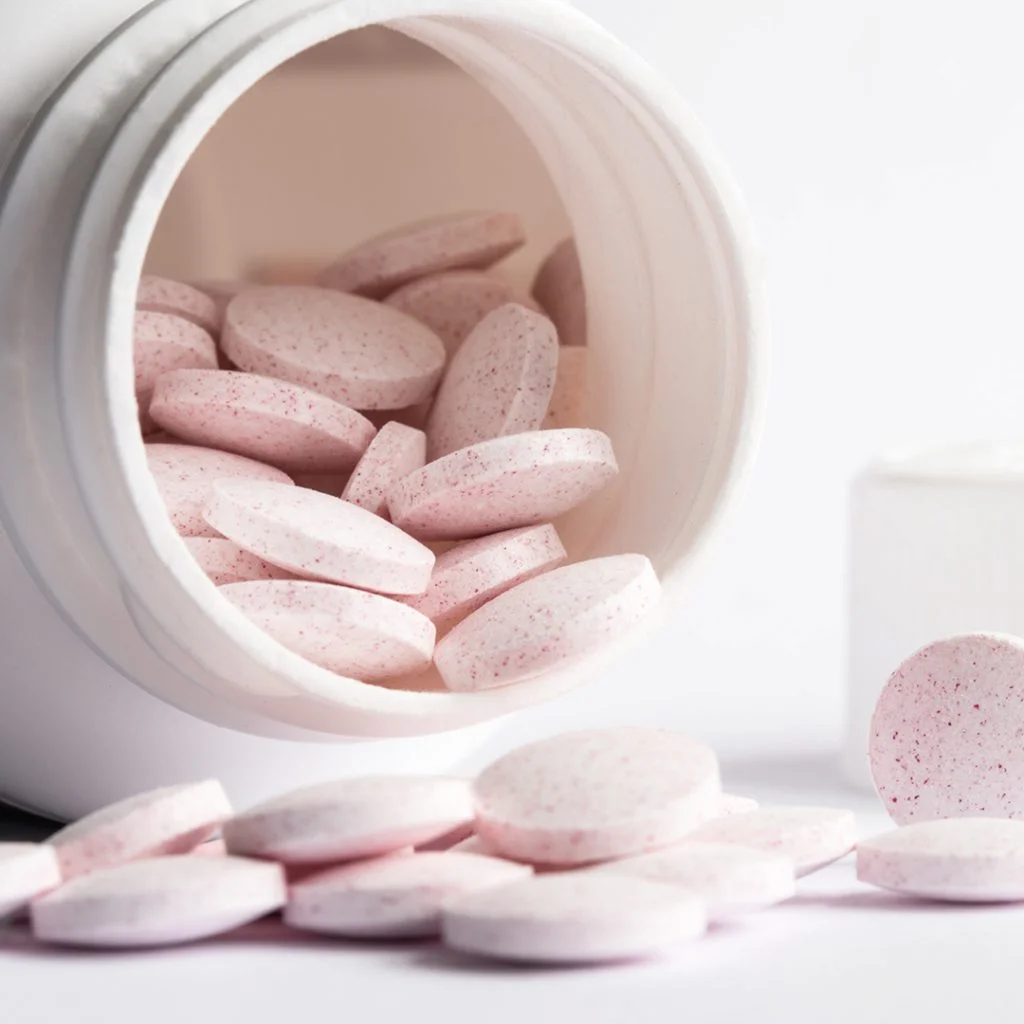 In case you missed it, melatonin for kids is a pretty buzzy topic lately. Over the last decade, melatonin use has grown by leaps and bounds, making it the second most popular natural supplement that parents give their children, right behind vitamins. And amidst this boom, comes yet another warning to parents about giving it to children.
In case you missed it, melatonin for kids is a pretty buzzy topic lately. Over the last decade, melatonin use has grown by leaps and bounds, making it the second most popular natural supplement that parents give their children, right behind vitamins. And amidst this boom, comes yet another warning to parents about giving it to children.
Melatonin use is so ubiquitous that amid rising reports of melatonin overdoses, calls to poison control centers, and emergency room visits for children, the American Academy of Sleep Medicine issued a health advisory concerning melatonin use in children and adolescents.
“While melatonin can be useful in treating certain sleep-wake disorders like jet lag, there is much less evidence it can help healthy children or adults fall asleep faster,” said Dr. M. Adeel Rishi, vice chair of the AASM Public Safety Committee and a pulmonology, sleep medicine and critical care specialist at Indiana University Health Physicians, in a press release.
“Instead of turning to melatonin, parents should work on encouraging their children to develop good sleep habits,” he added.
Rishi also notes that “behavioral interventions […] are successful in addressing insomnia in children. Rishi suggests things like setting a regular bedtime and wake time, having a bedtime routine, and limiting screen time as bedtime approaches.”
The AASM adds that “Melatonin is not under FDA oversight like other over-the-counter (OTC) or prescription medications.” Moreover, the actual melatonin content in many supplements can be significantly different from what was indicated on the label. One study, in particular, found that the content variability was especially significant in melatonin chewables — the delivery method most parents choose for their kids. Even more concerning, the research also shows that melatonin supplements may contain other contaminants like serotonin.
To address the safe use of melatonin in children and teens, the AASM urges parents to:
- Handle melatonin like any other medication and keep it out of reach of children.
- Speak to their doctor or pediatrician about proper dosing and instructions on timing. Parents should also choose supplements that are USP verified (The United States Pharmacopeia establishes (and annually publishes) documented standards for medicines, food ingredients, and dietary supplements) to ensure quality, purity, and potency.
- Consult with a pediatric health care professional before giving their kids melatonin supplements. (Typically, sleep issues are better managed with behavioral changes and tweaks to their child’s sleep hygiene.)
The takeaway: Speaking to your child’s doctor and proceeding with the utmost caution are the best (and safest) ways forward.

























